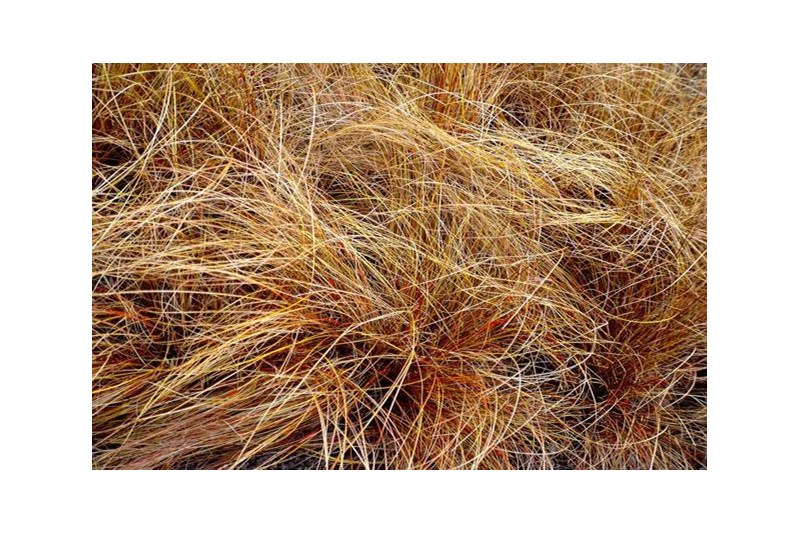Wiltshire Wildlife Trust responds to reports of suffering wildlife after facing extended periods of extreme heat and dry conditions.
After England experienced the driest July since 1935 and with August largely continuing in similar vein, the hot and dry weather conditions have left nature under pressure. Habitats across the county have been left parched and wildlife has been suffering from overheating and a severe lack of water.
Whilst parts of Wiltshire have experienced heavy rainfall in recent days, this follows weeks of hot, arid conditions, so it will not be enough to replenish reservoirs, aquifers, ponds, rivers and streams. The impact of the extended period of low rainfall and hot weather are expected to continue to affect habitats and wildlife in the coming months.
Climate change is one of the main drivers of biodiversity loss; this year’s record temperatures in the UK underline how important mitigating the effects of climate change is for nature. Tackling the inseparable climate and ecological crises is at the heart of Wiltshire Wildlife Trust’s strategy.
Impacts of extreme temperatures and dry conditions on wildlife across Wiltshire and the rest of the UK include:
· Ponds and streams are drying up, forcing dragonflies and other insects into smaller bodies of water, which can affect their breeding potential as far ahead as next year.
· Water levels in chalk streams and ponds are exceptionally low across Wiltshire and other parts of southern England, with water temperatures much higher than they should be, adversely impacting food sources and wildlife behaviour. These important habitats support many species including otters, water voles and kingfisher.
· Mammals and birds are struggling for food as a consequence of the dry conditions. Many plants having matured and fruited early, reducing some food sources that animals rely on in autumn to preparing them for winter.
· Soil invertebrates and detritivores that recycle organic matter are being driven deeper into the soil, which can contribute to soil erosion in exposed places.
· Wildfires have broken out, causing devastation to wildlife and habitats. At Wiltshire Wildlife Trust’s own Green Lane Woodland reserve complex near Trowbridge, the
remnants of a fire were discovered close to an ancient oak tree, just 50m from the edge of Green Lane Wood.
During a recent interview for BBC Radio Wiltshire, Neil Pullen, Swindon Conservation Lead for Wiltshire Wildlife Trust remarked on the conditions of a pond at Kings Farm Wood, part of the Trust’s Clouts Wood nature reserve:
“We have tiered ponds that we created as part of habitat management at the reserve, and those at the top have no water in them; they have gone crusty. They are usually home for lots of amphibians and insects, but now there is very little in the way of insect life around. Muddy clay areas around the ponds would also be areas where species like house martins would usually come to collect their mud to build or repair their nests, but where it has gone rock hard, there is simply no mud here to collect. I believe species like house martins have started to leave the country; they’re not having second broods as usual. There are also lots of stories of swifts and martins falling out of the nests that have crumbled.”
There have also been a number of sightings reported in recent weeks of dead moles at the Trust’s nature reserves. Sheila Kerslake, Wildlife Information Volunteer for the Trust, explains:
“An 80g mole needs 50g of earthworms or other grubs per day. In the hot weather, deeper living worms often dig down out of the moles' digging range, like many other favourite prey, such as centipedes and beetles. Moles have a way of coping with short periods of heat or drought by digging extra deep tunnels to hold and catch prey, but the recent weather may well have caused even these to dry out and collapse. A lack of food then forces the moles to the surface, where they are more at risk from predators and hunting is more difficult. Unfortunately, when conditions are difficult, many of these animals just don't find suitable food sources or hiding places and can die of starvation.”
What can the public do to help local wildlife?
A key thing that you can do during extended periods of hot, dry weather is to leave out a shallow dish of water in your garden or somewhere nearby, which will provide easy access to water for a range of different insects and animals.
You should also try to limit water use at home wherever possible, in order to reduce the impact on reservoirs, rivers and aquifers, which have much lower water levels than usual.
If you encounter any dead birds or mammals at any of Wiltshire Wildlife Trust’s nature reserves and suspect overheating or starvation, please contact WIV@wiltshirewildlife.org with full details of the location, species and an accompanying photograph if possible. This will help the Trust’s monitoring, enabling us to better understand the impact of the drought on wildlife. It will also help us adapt our reserve management to mitigate the impact of climate change. Please do not touch any dead wildlife in order to avoid risk of transmitting any diseases.
Check out our Welcome to Wiltshire guide with things to do, charity updates and more
